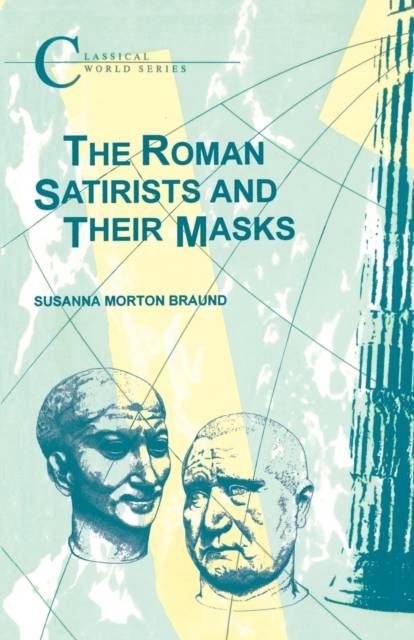
- Retrait gratuit dans votre magasin Club
- 7.000.000 titres dans notre catalogue
- Payer en toute sécurité
- Toujours un magasin près de chez vous
- Retrait gratuit dans votre magasin Club
- 7.000.000 titres dans notre catalogue
- Payer en toute sécurité
- Toujours un magasin près de chez vous
45,95 €
+ 91 points
Description
Starting from the conviction that Latin literature gains from being viewed as performance, the author sees the creation of different characters or "masks" in Latin literature as a result of the Greco-Roman training in rhetoric. She treats the texts of Roman satire as drama and focuses on the characters whose voices are heared in these performances: the angry satirist, the mocking satirist and the smiling satirist. She goes on to explore the implications of the use of these "masks" for authors and audiences of satire.
Spécifications
Parties prenantes
- Auteur(s) :
- Editeur:
Contenu
- Nombre de pages :
- 96
- Langue:
- Anglais
- Collection :
Caractéristiques
- EAN:
- 9781853991394
- Date de parution :
- 01-01-98
- Format:
- Livre broché
- Format numérique:
- Trade paperback (VS)
- Dimensions :
- 138 mm x 216 mm
- Poids :
- 122 g







